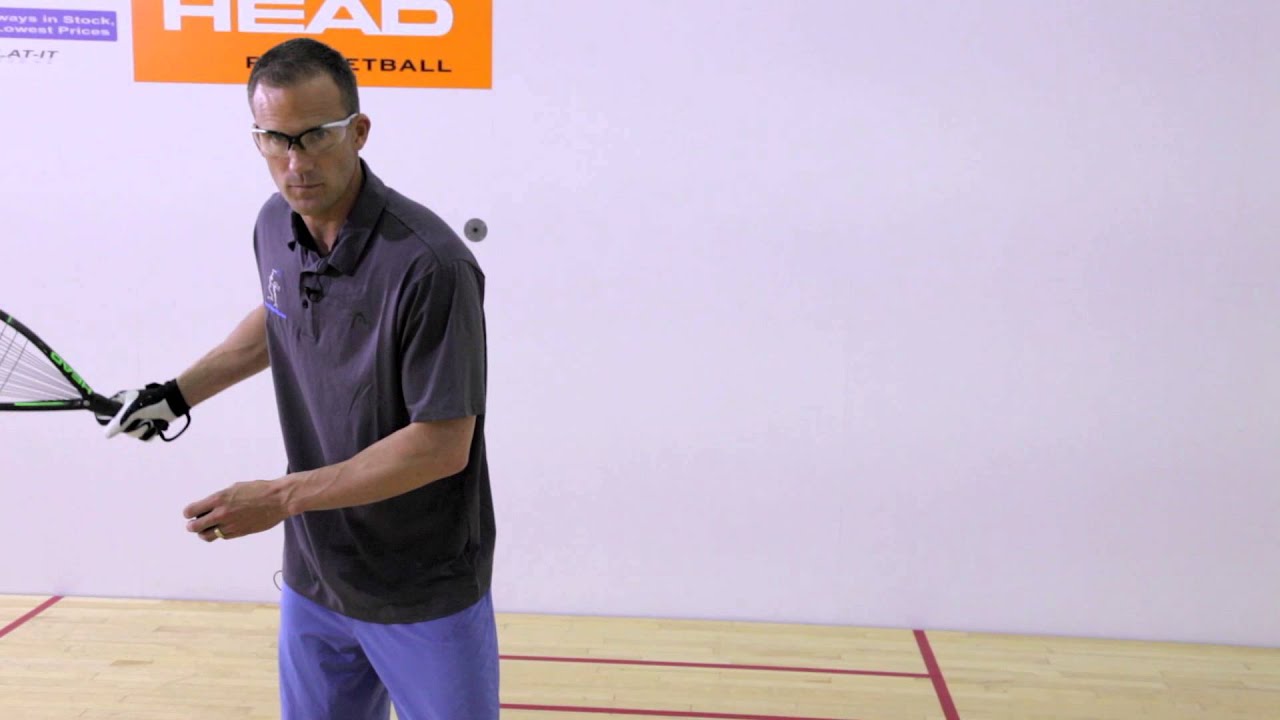
Squash and racquetball are two sports that are quite similar in many ways, but there are some key differences between the two. Squash, for example, is a much older sport than racquetball and has been around since the 1830s. Squash is a sport played in a four walled area with a tennis racket and ball. The game is fast-paced and requires agility and coordination.
This is also a great sport to play at the gym or during your lunch break. Squash is a great sport to play in the gym, or even during lunch.
Squash and Racketball: What's the Difference?
The biggest difference is that squash uses the "backspin" technique, where the ball is angled in order to strike the back wall of court. This allows the ball to dip in flight, and thus stay lower. Racketball's standard kill shot does not use spin.
A major difference between squash and tennis is the long swing. The wrist of the player must be 'loose,' so that the racket can pass through the ball. This allows the player's shots to travel through the court to the opponent's goal.

Many people play squash or racquetball as a form of fitness. They are both governed by different bodies. In the UK there is a single governing body, which oversees both, but it's worth checking to see which rules apply in your country before you start playing.
Squash is a faster, more energy-consuming sport than racquetball. Squash is a sport that has many professional players and can be harder to master.
A good idea is to try out both games. If you're new to the sport, a beginner's course is an excellent way to learn the basics and get yourself started.
Both sports offer a variety of competitions, including world championships. There is something for everyone, no matter if you are a beginner or an experienced player.
These two sports are a lot of fun and are easy to play and learn. The gym is a great place to play these sports. You won't need much equipment.

Squash and racquetball have different rules. You can improve your racquetball abilities by practicing on a smaller, compact court.
While both squash and racquetball take place indoors, they have some key differences. Racquetball, for example, can hit the ball at a faster speed and also can use the ceiling. This will increase the tempo of the entire game and allow players to easily win.
FAQ
What are resistance training exercises?
Resistance training can be done with weights or other objects. Lifting weights, for example, can help strengthen your arms and shoulders, chest, backs, legs, core, and core. Resistance training improves muscle mass, bone density and overall strength.
How does caffeine impact my sleep?
Caffeine effects how fast it takes to fall asleep and how much sleep you get. Caffeine can cause drowsiness that makes falling asleep much easier. The downside is that caffeine keeps you awake longer making it harder for you to fall asleep again. Drinking coffee or energy drinks before bedtime is a bad idea.
What can exercise do for your body and mind?
Exercise can help you lose weight. Build muscle mass, increase energy, reduce stress, and improve quality of your sleep. The benefits of exercise include improved moods, better self-esteem, increased productivity, and reduced risk of heart disease.
Can I exercise after eating?
It depends on the exercise you do. After meals, avoid strenuous physical activity because it could cause stomach cramps. Instead, focus on light aerobic activities like brisk walking or biking.
Do I need to drink alcohol while working out?
Consuming large quantities of alcohol can cause you to gain weight. It is possible to increase your endurance by drinking moderate amounts of alcohol (one glass per day). It may reduce fatigue and muscle soreness from intense exercise.
How exercise and nutrition can help you to have a better life?
Exercise helps you to stay healthy, lose weight, gain muscle mass, and reduce stress. Nutrition is important for energy, sleep, mood, and overall health. If you want to live longer, eat less meat, drink alcohol moderately, avoid smoking, and do regular physical activity.
Statistics
- Globally, 81% of adolescents aged 11-17 years were insufficiently physically active in 2016. (who.int)
- One study showed that adults who watch more than 4 hours of television daily had an 80% higher risk of death from cardiovascular disease. (heart.org)
- According to the Centers for Disease Control and Prevention, chronic diseases cause 7 out of 10 deaths in the U.S., and treating chronic diseases accounts for 86% of U.S. healthcare costs. (mana.md)
- Adolescent girls were less active than adolescent boys, with 85% vs. 78% not meeting WHO recommendations of at least 60 minutes of moderate to vigorous intensity physical activity per day. (who.int)
External Links
How To
How To Stay Fit At 40
This article helps those over 40 to keep their body strong and healthy. This article will provide basic advice on eating right, exercising, sleeping well, and taking care of your mental health. This article provides tips to help you live longer and be healthier.
-
Healthy eating habits are key to staying fit. You should steer clear of processed food products, and eat whole grains and fruits, vegetables, lean proteins, fish, eggs, nuts, seeds, beans and legumes. Do not eat what you don’t like. You can add another food to your daily diet. This will not help you lose weight. Try adding small amounts of different foods to your daily meal. If you eat chicken breast most of the time, try turkey one week. Or if you love pasta, try rice occasionally. These foods should be a part of your daily life.
-
Exercise - You should exercise at least three days per week. Include cardio activities like running, swimming, biking and dancing. Make sure to get enough rest. It is recommended that you sleep for at least 8 hours each night. It is important to drink enough water throughout each day. Two liters (0.5 gallons), of water should be consumed each day.
-
Sleep Well - Getting adequate sleep is essential to staying fit. The National Sleep Foundation says adults need at least 7-8 hours of sleep each night to maintain their physical and emotional health. However, most people average less than 6 hours of sleep per night. Try making changes to your sleeping schedule if you feel constantly tired. By changing your sleeping time, you will be able to catch up more sleep. Also, you might want to turn off your phone before bed in order to relax and wind down. Avoid caffeine after noon to avoid insomnia.
-
Take Care of Your Mental Health. Taking care of yourself is key to maintaining a healthy body. Stress can lead you to make poor choices in food and lifestyle choices. You should practice stress management techniques, such as yoga, meditation, breathing exercises, or relaxation. Spend one hour doing something you enjoy. You can do this by going for a walk or reading, playing sports, listening to music, or watching TV.
The four above points will make you live longer and more healthy. These four simple steps will help achieve your fitness goals.